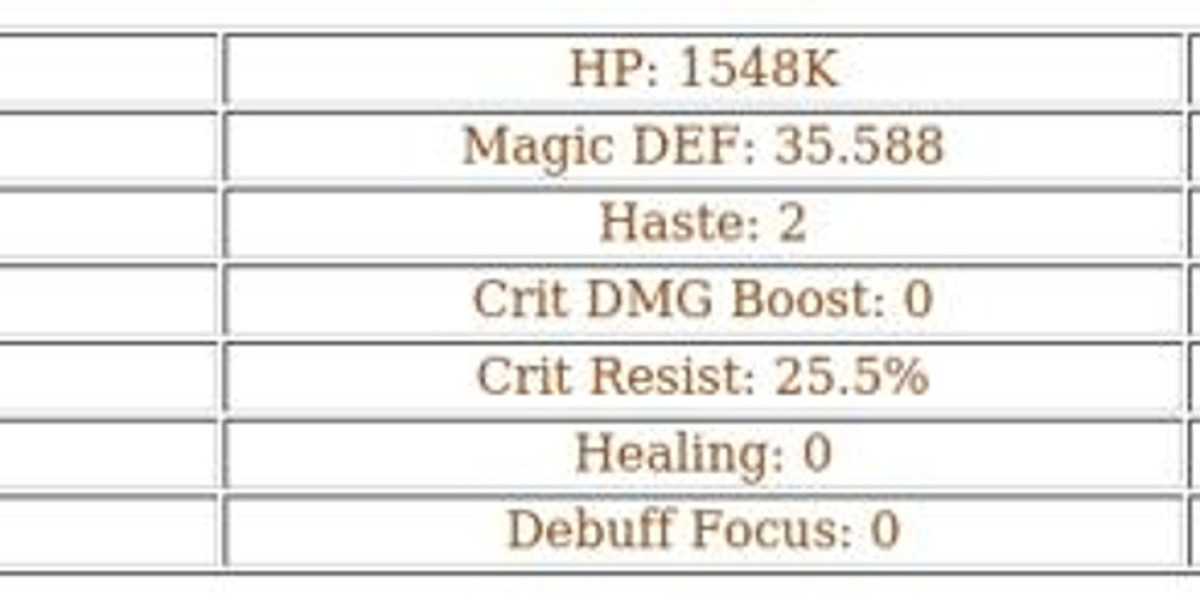Aviator God: Understanding RNG and Its Impact on "God-Like" Predictions
The online gambling landscape, particularly the realm of crash games like Aviator, is rife with tales of seemingly superhuman prediction abilities. Players whisper of "Aviator Gods," individuals who appear to consistently anticipate the game's outcome, cashing out at just the right moment to maximize their winnings. But is this genuine precognition, or is there a more logical explanation at play? The answer, unsurprisingly, lies in understanding the core mechanism that drives these games: the Random Number Generator, or RNG. This article delves into the world of Aviator, exploring the role of RNG, debunking myths surrounding prediction strategies, and examining the psychological factors that contribute to the perception of "god-like" players.
What is Aviator and How Does it Work?
Aviator is a popular online betting game that features a multiplier that continuously increases from 1x upwards. Players place their bets before the round starts, and their goal is to cash out before the plane "flies away," meaning the multiplier crashes. The longer a player waits, the higher the potential payout, but also the greater the risk of losing their entire stake. The simplicity of the game, combined with the potential for significant returns, makes it incredibly engaging and attracts a diverse range of players. The crucial element to understand is that the point at which the plane crashes is determined by a random number generator (RNG).
The core loop of Aviator is simple to understand:
- Bet Placement: Players place their bets before the round begins.
- Multiplier Ascent: A multiplier starts at 1x and increases continuously.
- Decision Point: Players must decide when to cash out their bet, securing their winnings multiplied by the current multiplier value.
- The Crash: At a random point, the multiplier crashes, and players who haven't cashed out lose their bets.
This seemingly straightforward gameplay is underpinned by a complex algorithm ensuring fairness and randomness.
The Crucial Role of the Random Number Generator (RNG)
At the heart of Aviator, and indeed, all reputable online casino games, is the RNG. This isn't just a simple random number generator; it's a sophisticated algorithm designed to produce unpredictable and statistically random sequences of numbers. These numbers are then translated into game events – in Aviator's case, the crash point of the multiplier. A provably fair system uses cryptographic hashing to ensure that the outcome of each round is predetermined and cannot be manipulated by the game operator. Players can verify the fairness of each round by examining the hash and seed values.
Key characteristics of a good RNG include:

- Unpredictability: The output should be impossible to predict based on previous outputs or any other observable data.
- Statistical Randomness: The numbers generated should conform to statistical distributions expected from a random process. This means that over a large number of trials, the distribution of crash points should align with mathematical expectations.
- Provably Fair: The algorithm should allow players to verify the fairness of each round, ensuring the game's integrity.
Without a robust and provably fair RNG, the game would be susceptible to manipulation, making it impossible to ensure a level playing field for all players. The presence of a well-vetted RNG is a cornerstone of trust in online gambling platforms.
Debunking "God-Like" Prediction Strategies
The allure of predicting the seemingly unpredictable is strong, and the internet is awash with alleged "foolproof" Aviator strategies. However, it's crucial to understand that due to the inherent randomness of the game, no strategy can guarantee consistent wins. Here's why many popular strategies fall short:
- Martingale System: This strategy involves doubling your bet after each loss. While it can lead to short-term gains, it requires a substantial bankroll and can quickly lead to devastating losses if you encounter a losing streak. The house edge remains, and the probability of a long losing streak is always present.
- Fibonacci Sequence: This strategy uses the Fibonacci sequence to determine bet sizes. Similar to the Martingale system, it's a progressive betting strategy that can be risky and doesn't alter the fundamental randomness of the game.
- "Signals" and Prediction Software: Many websites and individuals claim to offer "signals" or prediction software that can accurately predict the crash point. These are almost always scams designed to take advantage of unsuspecting players. Remember, if someone could reliably predict the outcome of Aviator, they wouldn't be selling the information; they'd be using it themselves to amass unimaginable wealth.
- Pattern Recognition: The human brain is wired to seek patterns, even where they don't exist. Players may believe they've identified patterns in the crash points, but these are often just random occurrences that appear meaningful in hindsight.
While strategic bet sizing and risk management can improve your overall gambling experience, they cannot overcome the underlying randomness of Aviator. Understanding this fundamental truth is crucial to avoiding disappointment and protecting your bankroll.
The Psychology Behind the "Aviator God" Perception
If genuine prediction is impossible, why do some players appear to be so successful? The answer lies in a combination of factors, including luck, selective memory, and a good understanding of risk management. Let's explore these in more detail:
- Luck: Randomness means that some players will inevitably experience winning streaks. These streaks can create the illusion of skill or prediction ability, even when it's simply a matter of chance.
- Selective Memory: People tend to remember their wins more vividly than their losses. This can lead to an inflated perception of their success rate and a belief that they are more skilled than they actually are.
- Risk Management: Successful players often employ sound risk management strategies, such as setting stop-loss limits and cashing out at relatively low multipliers. This allows them to minimize their losses and accumulate small wins over time, creating a more consistent (though not guaranteed) return.
- Strategic Observation: While predicting the exact crash point is impossible, experienced players might observe trends in the game, like the frequency of low vs. high multipliers in a short time frame. This helps them make better decisions on when to cash out. For example, if many recent rounds crashed at low multipliers, a player might hold out longer, betting on a higher multiplier appearing soon.
- Bandwagon Effect: Observing other players cashing out at particular points can influence your own decision-making. The feeling of missing out, and the urge to copy other successful players, can be a strong psychological driver.
The "Aviator God" phenomenon is often a result of attributing skill and prediction ability to what is largely a game of chance. Understanding the psychological biases at play can help players make more rational decisions and avoid falling prey to unrealistic expectations.
Responsible Gambling and Managing Expectations
Given the inherent randomness of Aviator and similar games, responsible gambling is paramount. Here are some essential tips for managing your expectations and ensuring a safe and enjoyable experience:
- Set a Budget: Determine how much money you're willing to spend before you start playing, and stick to that limit. Never gamble with money you can't afford to lose.
- Set Time Limits: It's easy to get caught up in the excitement of gambling. Set time limits to prevent yourself from spending too much time and money on the game.
- Understand the Odds: Remember that Aviator is a game of chance, and the odds are always in the house's favor. Don't expect to win consistently, and be prepared to lose.
- Avoid Chasing Losses: If you experience a losing streak, resist the urge to chase your losses by betting more money. This can quickly lead to even greater losses.
- Recognize the Signs of Problem Gambling: Be aware of the signs of problem gambling, such as gambling more than you can afford, borrowing money to gamble, or neglecting your responsibilities due to gambling. If you think you might have a problem, seek help immediately.
- Use Reputable Platforms: Always play Aviator on licensed and regulated online casinos. These platforms are subject to strict oversight and are more likely to offer fair and transparent games.
By practicing responsible gambling habits, you can minimize the risks associated with Aviator and enjoy the game for its entertainment value.
Table of Common Aviator Strategies and Their Risks
| Strategy | Description | Risk Level | Effectiveness |
|---|---|---|---|
| Martingale | Doubling bet after each loss to recover previous losses and gain a small profit. | High | Potentially effective in short term, but high risk of significant losses. |
| Fibonacci | Using the Fibonacci sequence to determine bet sizes. | Medium | Similar to Martingale, but slightly less aggressive. Still carries significant risk. |
| Low Multiplier Cash-Out | Consistently cashing out at low multipliers (e.g., 1.1x - 1.5x). | Low | Safer approach, but slow accumulation of profits. |
| High Multiplier Chasing | Holding out for high multipliers (e.g., 5x or higher). | High | Potential for large wins, but very high risk of losing bets. |
| Random Bet Sizing | Randomly varying bet sizes with no specific strategy. | Variable | Unpredictable results; relies purely on luck. |
Conclusion: The Myth of the "Aviator God" and the Reality of RNG
The idea of an "Aviator God," someone who can consistently predict the outcome of the game, is a compelling myth. However, understanding the role of the Random Number Generator (RNG) reveals the truth: Aviator is ultimately a game of chance. While strategies and risk management techniques can improve your overall experience, they cannot overcome the inherent randomness of the game. The perception of "god-like" players often stems from a combination of luck, selective memory, and a good understanding of risk management, rather than any genuine precognitive ability.
By embracing responsible gambling practices, managing expectations, and understanding the limitations of prediction strategies, players can enjoy betika login aviator for its entertainment value without falling prey to unrealistic beliefs. The key is to recognize that while skill and strategy can play a role, luck is the ultimate determinant of success in this exciting and unpredictable game.








